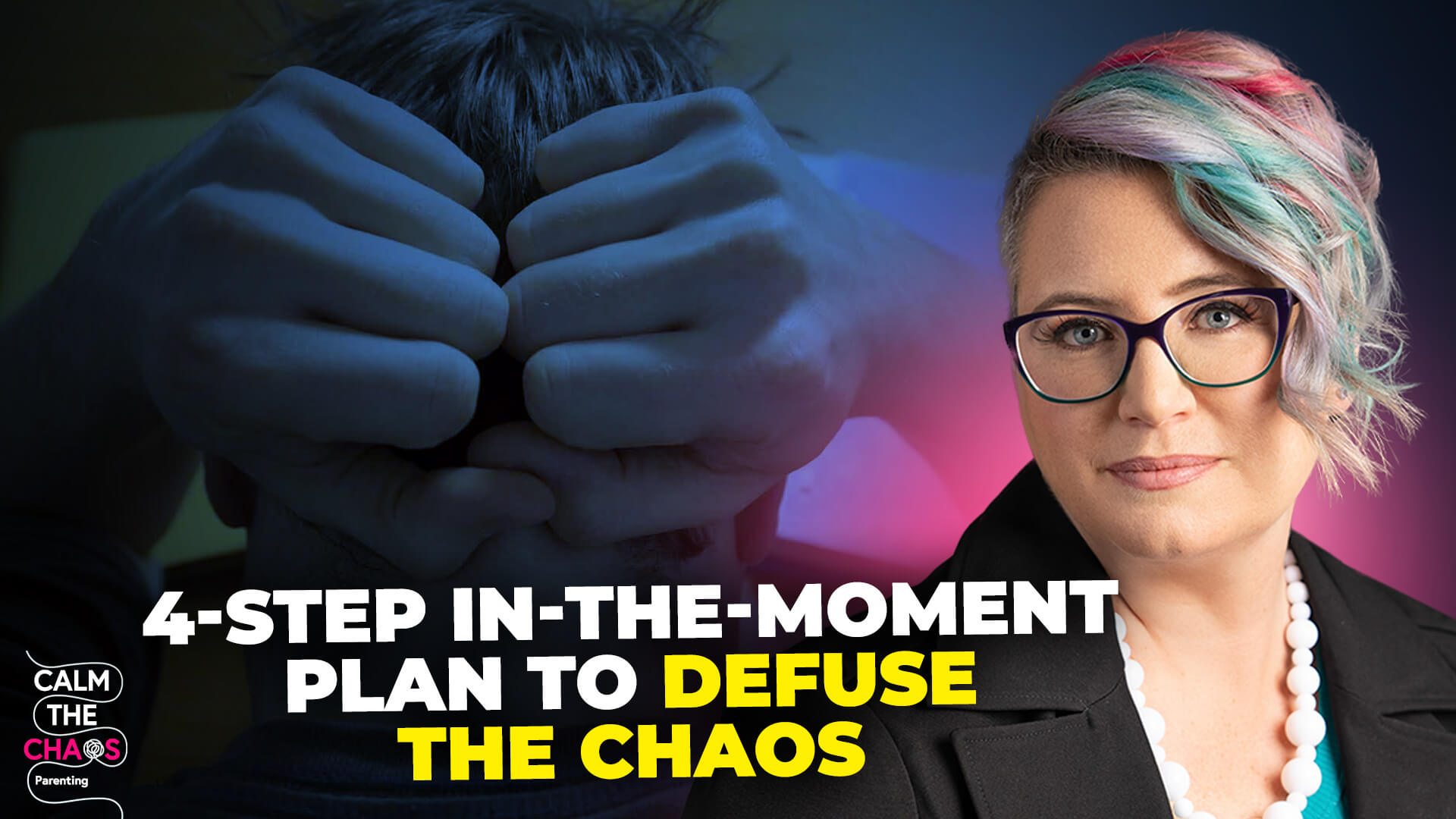Challenging a Will is a legal process that allows individuals to contest the validity of the document. In British Columbia (BC), as in many other jurisdictions, there are specific grounds on which a Will can be contested. This blog post aims to shed light on the grounds for challenging a Will in BC. Lack of Testamentary Capacity. When challenging a will, dates are crucial. If you are a child or a spouse, there is a 180-day limitation period during which you can bring your claim. This means you must file a notice of civil claim within six months from the date probate was granted. However, there are three exceptions to this rule:

THIS was Challenging! YouTube

Blog Page 2 of 173

Challenging the norm

Challenging Behaviors Tools and Techniques Bob’s Last Marathon

‘challenging’ YouTube

LIVE UPDATES Nonprofit group challenging BC’s COVID19 state of emergency Rebel News

BC.Game Surpasses Competition With New VIP Rewards and IndustryChallenging 1 House Edge Newswire

(PDF) Challenging notions of career

Challenging Words YouTube

Workplace engagement Archives Business Changing

Challenging YouTube

Buy Challenging Word Search for Adults Vol 2 A Collection of Challenging Wordfind Puzzles with

Are You Really Challenging Yourself? Taska Insights AoG Recruiter

AutismBC Talks Understanding and Supporting Challenging Behaviours — Events — AutismBC

Coops resilient in a challenging time CHF BC

Challenging lecture ODC Our Daily Challenge Book, Books, … Flickr

challenging

Challenging Christian Quotes Twitter Best Of Forever Quotes

Challenging Your Beliefs

Tips for Challenging Times
Contesting a will in BC can occur before or after the probate process has begun. Most will contests are made after a will has entered probate.. With 21 office locations throughout the Lower Mainland and in other areas of British Columbia, our legal team is ready to help. Fill out the form for a complimentary, no-obligation consultation with.. Specifically in British Columbia, spouses and children have the right to challenge the deceased’s Will on the basis that the deceased “failed to make adequate provision” for them. The courts have found that although there are no legal obligations to provide for adult children, there is a moral obligation if there are sufficient assets.


